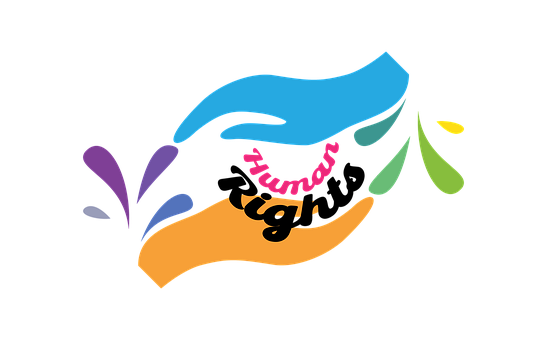
Review of ESG event: The ‘S’ of ESG: serious human rights violations
“Researches of the most serious corporate crimes to better recognize and stop them.” This is how the March 16 KT ESG meeting – lively – can best be characterized. From the questions asked, it was clear that a good number of members had come precisely to know the hard facts the speakers showed us. As the speakers said, “it does make you gloomy.”
Prof. Huisman (Vrije Universiteit) presented a short form of his international research into human rights atrocities committed by corporates of the last decades ; the patterns, causes, the sticks. The research reveals patterns and connections among companies, actors, co-perpetrators and enabling conditions, such as conflict zones. Together with researchers from other universities he has so far investigated 157 out of a database of over 200 cases.
- which companies were involved?
- what crimes did they commit?
- who – besides the companies themselves – were involved?
- in which industry did they take place?
In any case, the study shows that most of these crimes (52) appear to take place in resource extraction.The most frequent “partners in crime” were state-affiliated officials or agencies.Thenature of corporate involvement ranges from logistical assistance (transportation), supplying goods (think weapons) and financing. Those companies were particularly concerned with profit, obtaining exploitation rights or monopolies. The research is important for recognizing signals that we now encounter: the nature of the industry, for example, predicts the type of crimes in which companies become involved.
Dr. Jill Coster van Voorhout focused her talk on the most serious crimes committed or facilitated by financials in the Dutch legal sphere. Compliance is desperately needed at this time when democratic rule of law is being undermined, from within and without. She reasoned why compliance professionals have an important role to play in preventing and combating crimes that undermine democratic states under the rule of law.
With improved reports regarding unusual transactions by financials, the criminal justice chain can also follow up better. Meanwhile, corporations and their executives are already being held criminally responsible for rule-of-law crimes. It is therefore urgent to work together in public-private partnerships to recognize signs of such crimes especially in and through financial flows and to prevent and combat them in good cooperation.
The meeting took place at the Royal Tropical Institute, with its recognizable “VOC smell”. As a result, a joke about the name VCO was bound to happen. Of special note was prof. Huisman and Dr. Coster van Voorhout expressing their appreciation for the profession of ethics compliance and integrity professionals: allies in the fight against crime, nationally and internationally! There was a long afterthought.
Here you can find the presentations of prof. Huisman and Dr. Coster van Voorhout.